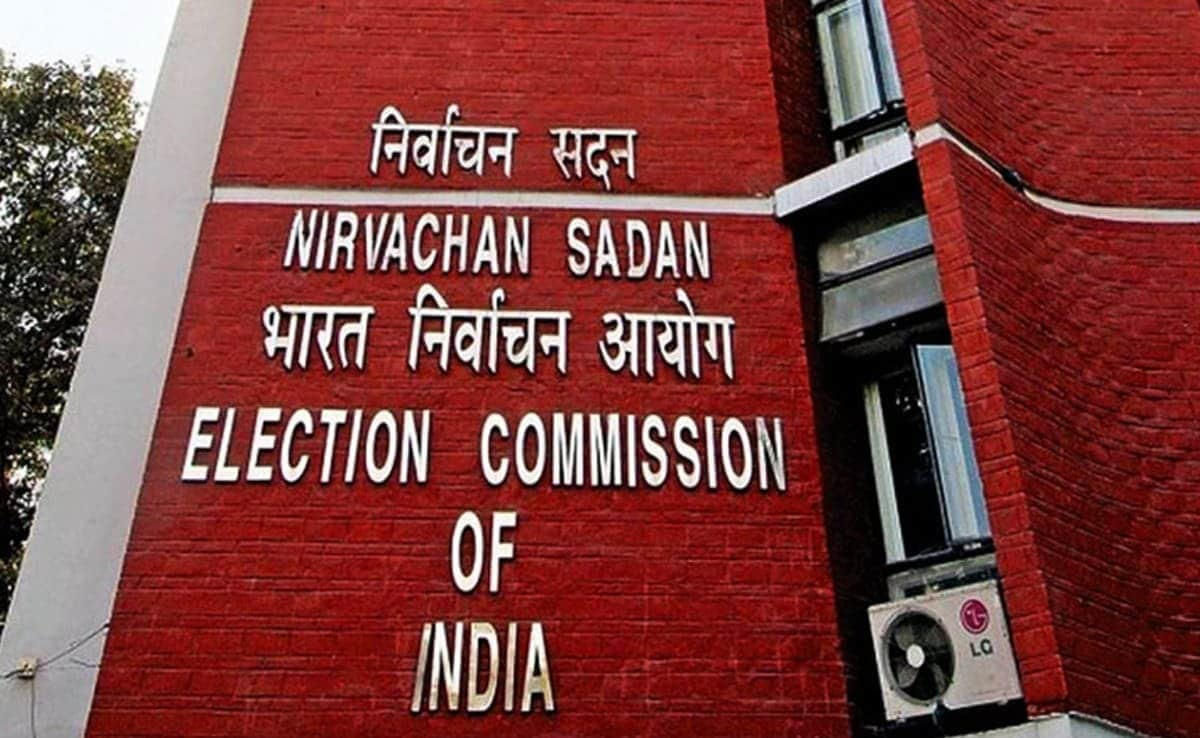India’s Updated Voter List Faces Criticism for Inaccurate Photos and Inclusion of Deceased Individuals

A recent update from India’s Election Commission has revealed a significant reduction in the number of voters listed in the draft electoral rolls for Bihar, ahead of the upcoming elections in November. The new rolls contain 72.4 million names, which is 6.5 million fewer than the previous count. This revision has sparked controversy, with opposition parties alleging that the process was rushed and flawed, leading to the exclusion of many eligible voters, particularly from marginalized communities. The commission has defended its actions, asserting that the revisions were necessary and conducted with due diligence.
Concerns Over Voter Exclusions
The Special Intensive Revision (SIR) of the electoral rolls took place from June 25 to July 26, with officials visiting approximately 78.9 million voters to verify their details. Despite these efforts, opposition parties and election charities have raised alarms about the integrity of the process. They claim that many voters have been incorrectly removed from the list, including deceased individuals and those who have been registered multiple times. Reports indicate that the deletions include 2.2 million deceased voters, 700,000 duplicates, and 3.6 million individuals who have migrated out of the state. The commission has opened a correction window until September 1, during which over 165,000 applications have already been submitted.
Opposition leaders argue that the revisions disproportionately affect Muslim voters, particularly in border districts where they form a significant portion of the population. They accuse the ruling Bharatiya Janata Party (BJP) of manipulating the electoral process to secure an advantage in the upcoming elections. The Election Commission has denied these allegations, stating that it has taken measures to ensure that no eligible voter is left out. However, the commission has not disclosed the names of those removed or provided a breakdown by religion, making it difficult to address the opposition’s concerns.
Political Reactions and Legal Challenges
The political landscape in Bihar has become increasingly polarized as the opposition demands a debate on what they describe as a threat to democracy. Protests have erupted outside Parliament, with demonstrators chanting slogans against Prime Minister Narendra Modi and calling for the SIR to be revoked. The Supreme Court is also reviewing the situation after the Association for Democratic Reforms (ADR) raised questions about the timing and execution of the voter revision process. ADR representatives have expressed concerns that the rushed nature of the SIR could disenfranchise millions of legitimate voters, particularly among marginalized communities in one of India’s poorest states.
Legal experts have pointed out that the burden of proof for citizenship has shifted to the voters, requiring them to provide documentation for themselves and their parents within a tight deadline. This requirement poses a significant challenge for many low-income individuals, particularly migrant workers who may lack access to necessary documents. The ADR plans to present these issues in court, arguing that the SIR process should be decoupled from the upcoming elections to allow for a thorough review.
Voter Sentiment and Local Experiences
As the draft rolls were published, local residents in Bihar expressed their concerns about the SIR process. In villages like Danara, home to many impoverished families, residents reported a lack of awareness about the SIR and its implications. Many were uncertain if officials had even visited their homes to verify their details. Despite their limited understanding, the villagers emphasized the importance of their right to vote, with one resident stating that losing this right would exacerbate their poverty.
In Kharika village, some residents reported spending money to have their photographs taken for the voter registration process, only to find discrepancies in the draft rolls. One farmer shared his frustration over incorrect photos and duplicate entries in his family’s records. Such errors have led to widespread dissatisfaction, with many individuals voicing concerns about the accuracy of the electoral rolls and the potential for disenfranchisement.
Opposing Views on the Revision Process
The SIR and the resulting draft rolls have divided political parties in Bihar. The opposition Rashtriya Janata Dal (RJD) has criticized the process, while the ruling Janata Dal (United) and BJP have defended it. RJD leaders have questioned the Election Commission’s claims regarding the high percentage of voters who filled out their forms, alleging that many local officials did not conduct thorough visits to verify voter information. They argue that the commission’s actions appear biased and politically motivated, particularly in areas with significant Muslim populations.
In contrast, BJP representatives have dismissed these criticisms as politically driven, asserting that the SIR aims to ensure that only eligible voters are included in the electoral rolls. They contend that the process is necessary to eliminate fraudulent registrations, including those of individuals who may not be Indian citizens. As the debate continues, the future of the electoral rolls and the upcoming elections remains uncertain, with both sides preparing for a contentious political battle.
Observer Voice is the one stop site for National, International news, Sports, Editor’s Choice, Art/culture contents, Quotes and much more. We also cover historical contents. Historical contents includes World History, Indian History, and what happened today. The website also covers Entertainment across the India and World.
Follow Us on Twitter, Instagram, Facebook, & LinkedIn

